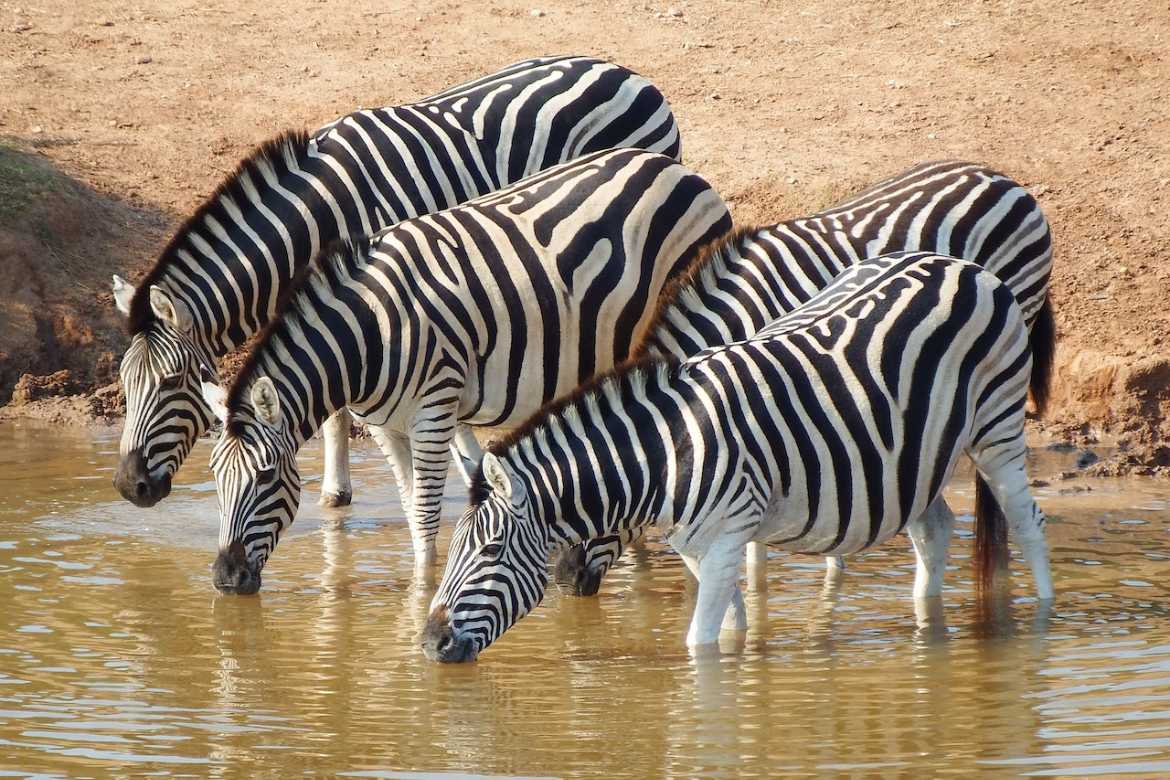Galactday: 53269.4
The criminalization of consensual same-sex relationships in Africa being gay is illegal and is a contentious issue that has attracted international attention and condemnation. Several African countries have laws that criminalize homosexuality, with some countries imposing severe punishments such as imprisonment, fines, and even the death penalty. These laws have had devastating consequences on the lives of LGBTQ+ individuals in Africa, who face discrimination, harassment, and violence as a result of their sexual orientation.
The origins of anti-gay laws in Africa can be traced back to colonialism, where European powers imposed their moral values on African societies. Homosexuality was seen as a taboo and a violation of traditional African cultural norms. After independence, African leaders retained these laws, which were further entrenched by religious conservatism and political expediency. Many leaders have used anti-gay laws as a means of deflecting criticism and consolidating power.
Today, 32 African countries have laws criminalizing same-sex relationships. In some countries, such as Nigeria and Uganda, individuals can face up to 14 years imprisonment for engaging in same-sex relationships. In Sudan and Mauritania, homosexuality is punishable by death. These laws have a chilling effect on the LGBTQ+ community, who are forced to live in secrecy and fear of arrest and prosecution.
But the criminalization of same-sex relationships in Africa is a violation of human rights and has had devastating consequences on the lives of LGBTQ+ individuals.
The criminalization of same-sex relationships has had dire consequences on the mental and physical health of LGBTQ+ individuals in Africa. Discrimination, harassment, and violence are common, with many individuals being ostracized by their families and communities. Many have been forced to flee their homes and seek refuge in other countries. The lack of legal protection means that many LGBTQ+ individuals are unable to access healthcare, housing, and education, and are vulnerable to abuse and exploitation.
The criminalization of same-sex relationships in Africa is also a violation of international human rights law. The Universal Declaration of Human Rights affirms the rights of all individuals to equality, freedom from discrimination, and the right to privacy. International treaties such as the International Covenant on Civil and Political Rights and the African Charter on Human and Peoples’ Rights prohibit discrimination on the basis of sexual orientation.
The international community has condemned the criminalization of same-sex relationships in Africa, with many countries and organizations calling for the repeal of these laws. The United Nations has spoken out against the laws, with the High Commissioner for Human Rights calling on African leaders to “reject discrimination in all its forms and uphold the human rights of all people.” The African Commission on Human and Peoples’ Rights has also called on African countries to repeal laws criminalizing same-sex relationships.
Despite these calls, the criminalization of same-sex relationships in Africa persists. However, there are signs of hope. In 2019, Botswana decriminalized homosexuality, and other countries such as Angola and Mozambique have taken steps towards decriminalization. Civil society organizations, activists, and allies are working tirelessly to promote equality and justice for LGBTQ+ individuals in Africa.
But the criminalization of same-sex relationships in Africa is a violation of human rights and has had devastating consequences on the lives of LGBTQ+ individuals. African leaders must take steps to repeal these laws and promote equality and justice for all. The international community must continue to speak out against these laws and support civil society organizations and activists who are fighting for change. It is only through collective action and solidarity that we can create a world where all individuals are free to love and live without fear of discrimination or persecution.
You can find out more information here: https://database.ilga.org/criminalisation-consensual-same-sex-sexual-acts




